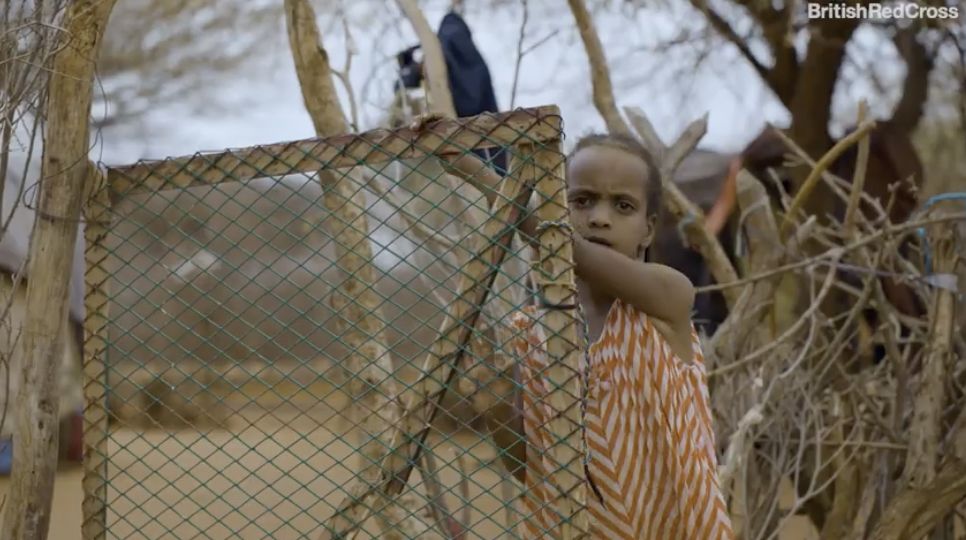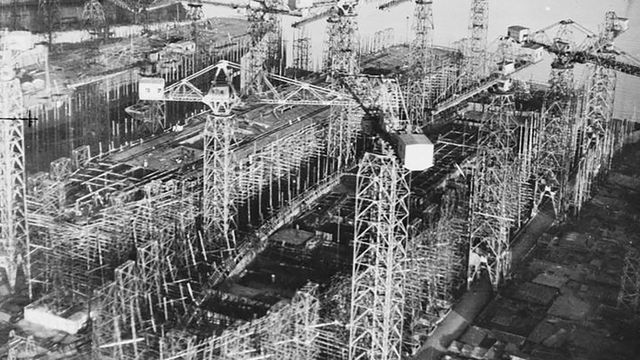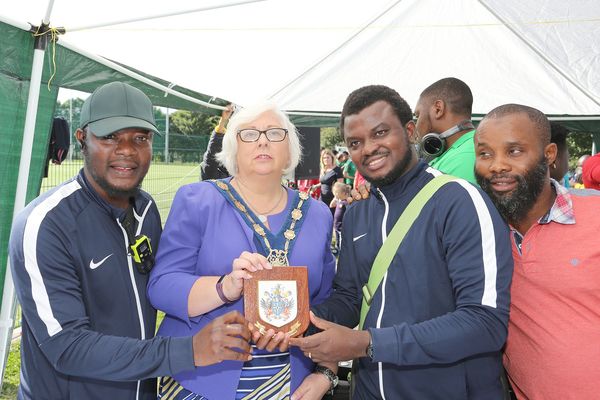THERE is something deadly happening in Africa right now, truth be told – let’s call it the Great Political Famine.
It is a famine that is affecting many African countries, especially in the Horn of Africa, namely: Djibouti, Eritrea, Ethiopia, Kenya, Somalia, Sudan, South Sudan and Uganda. Parts of these countries have suffered a long dry spell in what is meant to be their rainy season. There are places in the dryer areas that have not a drop of meaningful rain between 2020 and 2022. Just over 25 million people are experiencing extreme hunger in those lands.
Those very places have additional internal issues. In Ethiopia, there is a serious war between the Addis Ababa government and the Tigray People’s Liberation Front, a conflict which has taken the lives of hundreds of thousands of people. Remember Bob Geldof’s Ethiopia? It is reported that hyenas, themselves having been displaced from parts of their wild habitat in Ethiopia, are now back and scavenging on human corpses.
"This is the worst."
— Concern Worldwide (@Concern) September 24, 2022
Dr Aweis Olow Hassan⬇️is head of Paediatrics at Banadir Hospital in Mogadishu, #Somalia and has worked through the most recent famines of 2011 & 2017, but what he's seeing NOW is unlike anything before.
Your support is needed: https://t.co/5q3zdyEDap pic.twitter.com/btVf6MpV9A
In parts of the famine-stricken areas of Kenya, there is a men-only superiority conflict among warriors from the Pokot, Turkana and Marakwet communities. The local media there usually dubs it culture wars. Why? The answer to this is that the youthful warriors are being unleashed on their contemporaries from opposing communities so as to prove that now they are big men; by the fact that they have not lost this war, they have beaten the other tribe.
These things are just competitions that increase food insecurity and so when well analysed, the resulting food insecurity in the area is, quite frankly, predictable. The gangs attack and steal cattle and you may think that is a trivial matter. They do tit-for-tat attacks against each other in the name of cattle rustling but it’s common knowledge is that oft-times these are politically sanctioned wars. There is never an end to this problem, which has been around for a very long time. Also, when hard times like these present themselves, there are those opportunistic poverty industry types who are always waiting for Africa to fall so they can make their money. They will even professionally control the marketing of the African political famine and they will always win this race.
Such charity businesses are found in Europe and less so in Africa, where the annual problem needs addressing. In many fundraising countries and likewise where drought and other dynamics are taking place, many of these international charity organisations will be tax exempt because of the nature of their public-aided support of people in famine.
The 4.7 million Ethiopian children under five years of age who are facing acute malnutrition, why do they have to go through this? Ethiopia has made huge strides by spending billions of dollars on infrastructure; many modern roads have been built, train transport has improved and the largest dam project in Africa, has been completed. Ethiopia argues that this dam alone will change the lives of many; it is not only a huge hydroelectric power project but an effective answer to food security. By now we have spotted a number of social, political and economic trends in communities that make it exceptionally difficult to come out of this human-made famine. Thinking about Ireland, the blight disease, drought and poor political response that contributed towards the deaths of millions during the Famine, long-term solutions were only found after all those deaths. Is the African continent doing the same, letting many die as they are doing now and then come with a lasting solution?
ellyomondi@gmail.com








